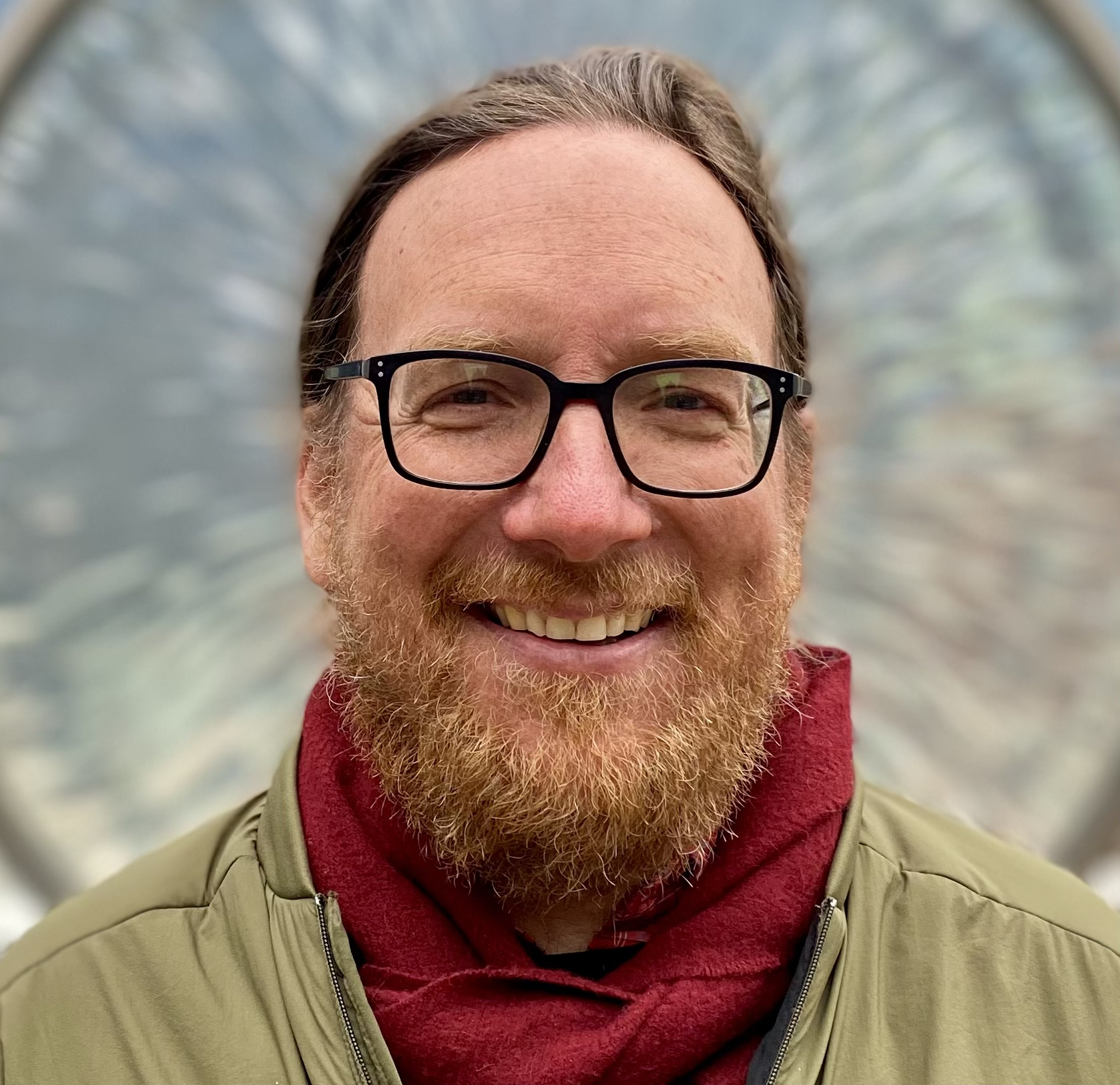About the lecture:
In today’s talk, I will explore the role of fungal mycelium in engaging the soil matrix. While I will introduce some empirical material, I also apply my training in anthropology and the environmental humanities to look critically at the production of scientific knowledge, showing how our understandings of relations between soil, plants, and fungi have changed over time. In this talk I also consider how soil is a complex matrix that exists in dynamic movement, working as substrate as well as source of food and water for fungal and botanical livelihoods.
This Environmental Humanities lecture is organized by the Anthropogenic Soils collaboratory.
About the presenter:
 Dr. Michael J. Hathaway is a Professor of Anthropology at Simon Fraser University (SFU) in Vancouver, Canada, where he is also an Associate Member of the School for International Studies, and the Director of SFU's David Lam Centre for Asian Studies. A 2022 Guggenheim Fellow, he has been working with Indigenous peoples in Southwest China and Japan for over a quarter century. His recent book, What a Mushroom Lives For: Matsutake and the Worlds They Make (Princeton University Press, 2022), initiates a project to challenge some of the deeply-rooted assumptions of human exceptionalism and human supremacy that have guided Western understandings of the natural world.
Dr. Michael J. Hathaway is a Professor of Anthropology at Simon Fraser University (SFU) in Vancouver, Canada, where he is also an Associate Member of the School for International Studies, and the Director of SFU's David Lam Centre for Asian Studies. A 2022 Guggenheim Fellow, he has been working with Indigenous peoples in Southwest China and Japan for over a quarter century. His recent book, What a Mushroom Lives For: Matsutake and the Worlds They Make (Princeton University Press, 2022), initiates a project to challenge some of the deeply-rooted assumptions of human exceptionalism and human supremacy that have guided Western understandings of the natural world.
_mycelium_in_petri_dish_on_coffee_grounds-copy.jpg)